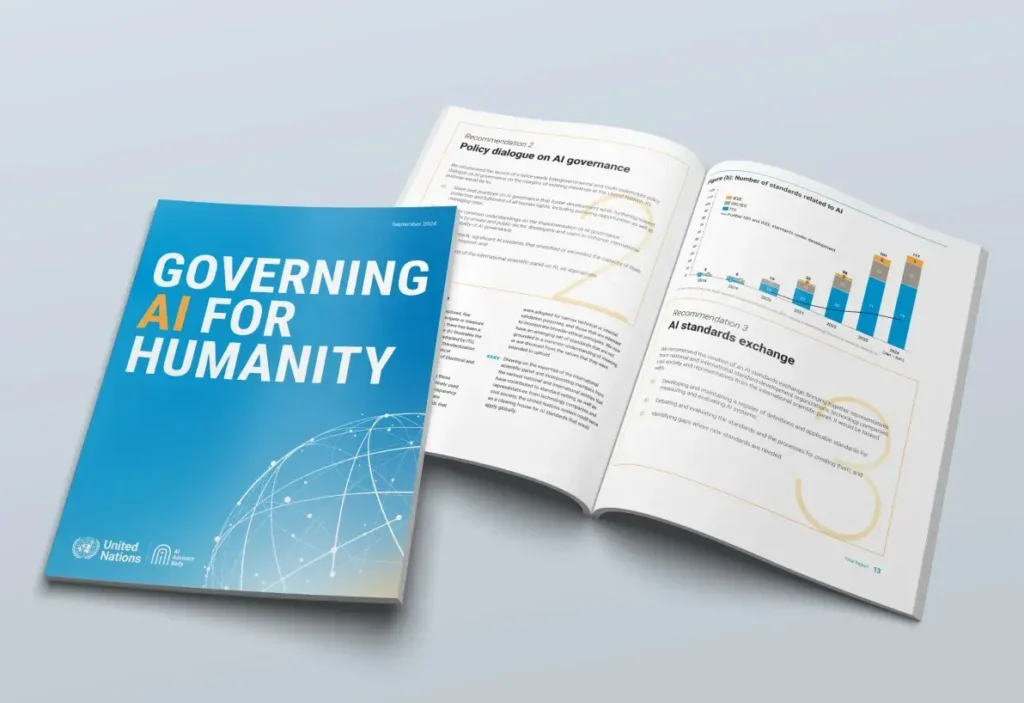PM Modi Calls for Ethical AI and Stronger Global South Cooperation at BRICS Outreach Summit
At the BRICS Outreach Summit held in Brazil, Prime Minister Narendra Modi emphasized the need for responsible use of Artificial Intelligence, stronger South-South cooperation, and reforms in global financial governance. Addressing leaders from Latin America, Africa, and Asia, Modi reaffirmed India’s commitment to multilateralism and inclusive global development. Speaking at the session titled ‘Strengthening Multilateralism, Economic-Financial Matters, and Artificial Intelligence’, Modi thanked Brazilian President Luiz Inácio Lula da Silva for the opportunity to engage with fellow nations from the extended BRICS family. “It is a pleasure to share India’s perspectives with our friends from Latin America, Africa, and Asia. I thank President Lula for this invitation,” he said. Highlighting the rising influence of BRICS amid global uncertainty, the Prime Minister noted that the group’s diversity and shared vision of a multipolar world are key strengths. “As the world faces numerous crises, BRICS must step up and serve as a pillar of stability and cooperation,” he stated. Modi outlined four key areas to advance BRICS collaboration: Economic Integration and Financial Reforms He acknowledged the contributions of the BRICS Business Council and Women Business Alliance in strengthening economic ties. Modi also supported Brazil’s push for reforming global financial institutions. He emphasized that the BRICS New Development Bank should focus on long-term, sustainable, and demand-driven projects, particularly to benefit countries in the Global South. Empowering the Global South Modi stressed that BRICS must respond to the unique needs of developing nations. He spotlighted India’s BRICS Agricultural Research Platform as a tool to foster innovation in agri-tech, climate adaptation, and precision farming. Additionally, he proposed two new initiatives — One Nation, One Subscription to improve access to academic resources and a BRICS Science and Research Repository for collective knowledge sharing. Securing Global Supply Chains Calling for cooperative efforts to ensure fair access to critical minerals and technologies, the Prime Minister warned against the strategic misuse of such resources. He urged BRICS to develop resilient and transparent supply chains that serve collective interests. Responsible Use of Artificial Intelligence Modi highlighted the dual nature of AI — its potential to transform lives and the ethical concerns it raises. He reiterated India’s ‘AI for All’ approach, showcasing AI’s growing role in Indian agriculture, healthcare, education, and governance. Emphasizing the importance of international standards, he called for frameworks to ensure transparency, accountability, and authenticity in AI-generated content. He welcomed the release of the BRICS Leaders’ Statement on AI Governance as a step in the right direction and announced that India will host the AI Impact Summit next year, inviting global participation. Reaffirming India’s leadership in promoting South-South solidarity, PM Modi concluded, “The Global South looks to us with hope. By setting an example, India remains dedicated to working hand-in-hand with partner nations to achieve shared development goals.” Source: DD News






